The 7 Best Pipedrive Alternatives in 2025 for Streamlined Sales and CRM Control
Advertisement
Not every CRM works the same for every business. That’s just how it is. Some teams might be happy with what Pipedrive brings to the table—solid sales tracking, easy drag-and-drop pipelines, and clean visuals. But for others, there’s always something missing. Maybe it’s deeper automation. Maybe it’s integration issues. Maybe it’s just the price. Whatever your reason is for looking elsewhere, the good news is that 2025 offers more solid options than ever.
We’ve pulled together seven strong alternatives that people are already using as their go-to instead of Pipedrive. They’re different in what they focus on, so depending on what you're actually after, there’s a good chance at least one of them will feel like a better fit.
The 7 Best Pipedrive Alternatives in 2025
HubSpot CRM
If you want a platform that gives you a little bit of everything without paying anything upfront, HubSpot CRM still stands out. Their free plan already includes contact management, email tracking, deal pipelines, and meeting scheduling. The UI is simple enough that even someone new to CRM tools can pick it up quickly. But more than that, once you're in, it's easy to see how it grows with you.
Of course, if you’re not careful, the add-ons can get pricey fast. But for teams that want something reliable, scalable, and backed by one of the most well-known names in the space, HubSpot is a pretty easy “yes.”
Zoho CRM
What makes Zoho different is how many tools come with it. It's not just a CRM—it's part of a whole business suite. So, if you're someone who likes everything to work together without relying on third-party apps, Zoho checks that box.
The interface isn’t the flashiest, and it does take a bit of time to get used to. But it’s packed with features, from advanced automation and AI suggestions to email templates and scoring rules. If your team wants more than just basic deal tracking, and you’re okay with a slight learning curve, Zoho is worth a look.
Freshsales by Freshworks
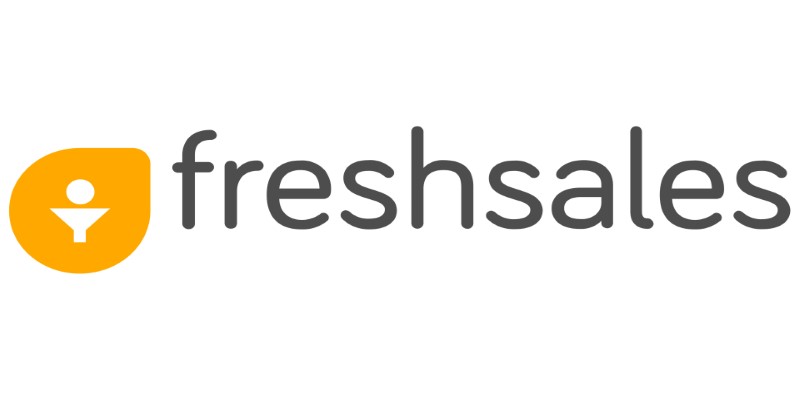
Freshsales is one of those tools that quietly got better each year, and in 2025, it’s one of the smoothest CRMs out there. What stands out most is how it blends communication with sales. You get built-in calling, email, activity tracking, and even AI-powered lead scoring without needing five different tabs open.
It works especially well for startups and mid-sized companies. And since it doesn’t try to be everything at once, the learning curve is lighter than what you’d face with tools like Salesforce or Zoho.
Close
Close is all about keeping sales reps productive. You can see it in the design and the features. The built-in calling and SMS work like a charm, and the email sync means less manual updating. If your team makes a lot of calls or handles high-volume outbound outreach, Close helps streamline all of that.
Where it falls a bit short is on the marketing side. It’s not the best pick for someone looking for an all-in-one sales and marketing hub. But if your focus is sales-first, this one does the job really well.
Copper
For teams that live in Google Workspace, Copper fits naturally. It works inside Gmail, syncs with your calendar, and updates your records automatically. So, if you hate switching back and forth between tools, this one simplifies the entire workflow.
It’s not overloaded with options, and that’s exactly the point. The interface stays clean, the automation is just enough, and the setup feels more like an extension of your inbox than a separate tool. If you want something light but reliable, especially in a Google-heavy setup, Copper makes sense.
Monday Sales CRM
You might know Monday.com for its project management tools, but their sales CRM is surprisingly solid. It's built on the same drag-and-drop logic, and that makes it easy to shape around how your team actually works.
This is especially useful if your sales process doesn't look traditional. You can customize almost everything, from pipelines to dashboards to automation. And since it's still part of the larger Monday ecosystem, it's easy to pull in tasks, projects, or team updates without needing another platform.
It’s probably not the first tool that comes to mind when someone says “CRM,” but in 2025, more people are catching on to how flexible it can be.
Salesforce Essentials
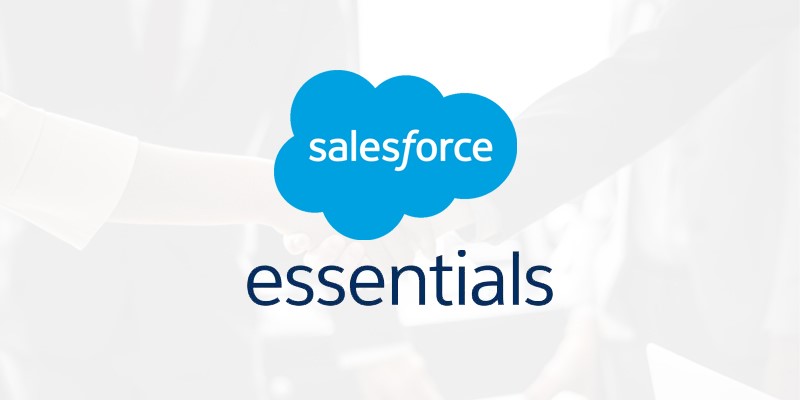
There's no ignoring Salesforce. For years, it's been the heavyweight in the CRM world. But if the full Salesforce setup feels like too much, Essentials offers a more manageable version for smaller teams.
You still get core CRM features—contact management, pipeline views, and mobile access—but without the deep customization or complexity that usually comes with the regular version. It’s a solid step up for teams that might outgrow basic CRMs but don’t want to dive headfirst into enterprise tools.
Just know that even in the Essentials version, it helps to have someone on your team who enjoys setting things up because Salesforce isn't plug-and-play the way others on this list are.
Final Thoughts
Pipedrive still works well for plenty of teams. But if you’re reading this, chances are you’re looking for something that solves a specific issue you’re having with it—whether that’s automation, integrations, communication tools, or just overall feel. Each of the seven alternatives here brings something different to the table. What matters most is what fits your workflow, your team size, and your actual sales process. You don’t need a perfect tool. Just the right one for how you work.
A tool that feels intuitive and keeps things moving smoothly will always beat one that looks good on paper but slows you down. So take your time, test a few, and stick with the one that makes your job easier, not harder.
Advertisement
Related Articles

The 8 Best Email Apps for iPhone in 2025 to Keep You on Top of Things
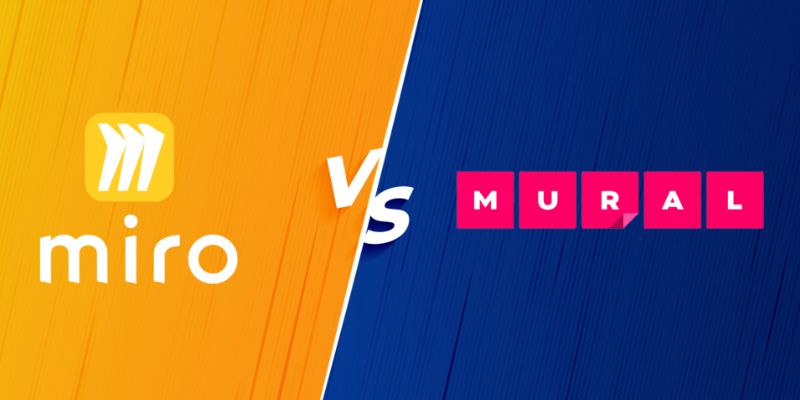
Miro vs Mural: Which Visual Collaboration Tool is Right for You
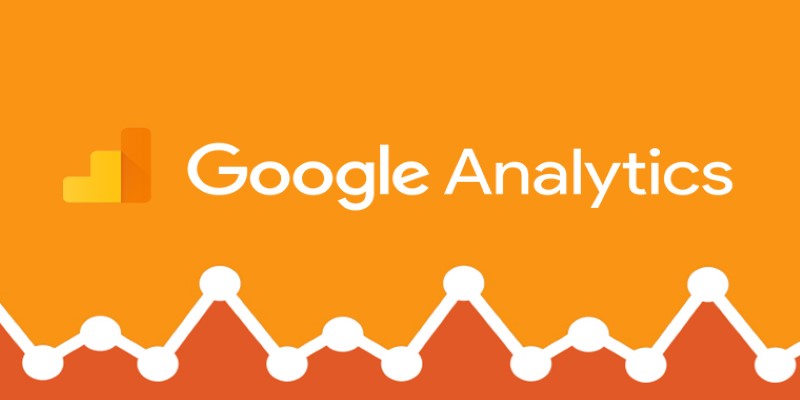
Top 5 Ways to Automate Google Analytics for Better Efficiency

The 7 Best Pipedrive Alternatives in 2025 for Streamlined Sales and CRM Control
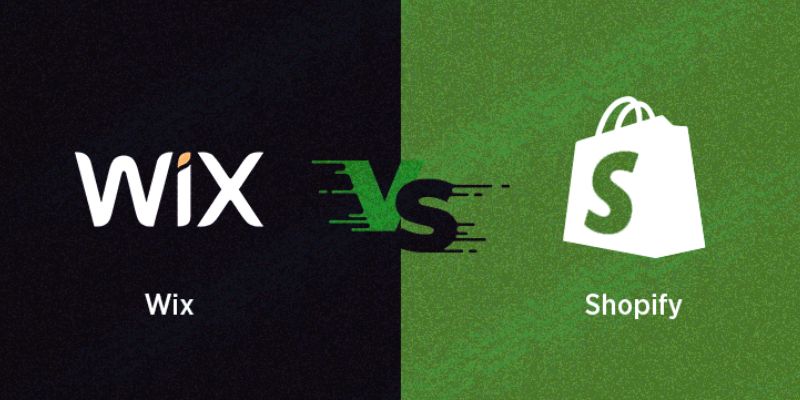
Wix vs Shopify: A Detailed Comparison to Find the Better CMS for Success

HubSpot vs. Marketo: Features, Benefits, and Drawbacks Explored
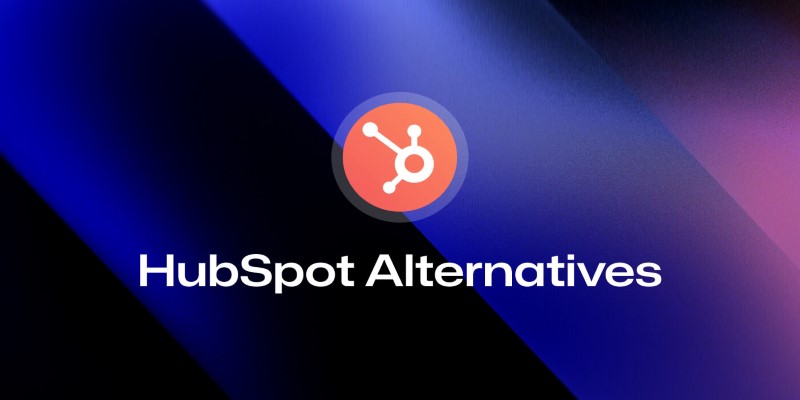
The 8 Best HubSpot Alternatives in 2025 for Smarter Growth and Less Hassle
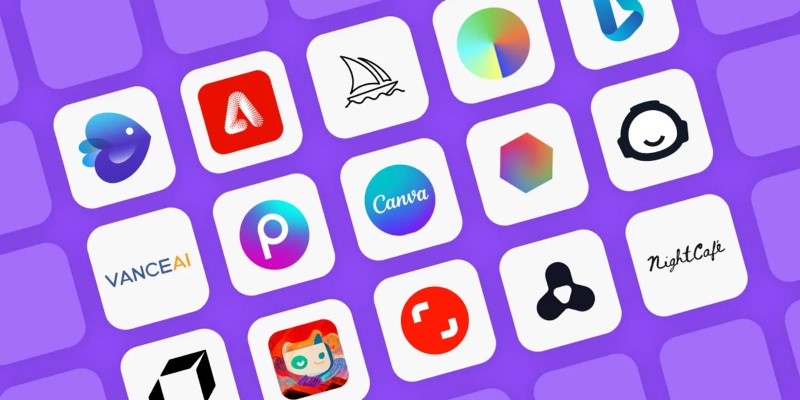
Mind-Blowing AI Art Generators in 2025 That Are Redefining Creativity
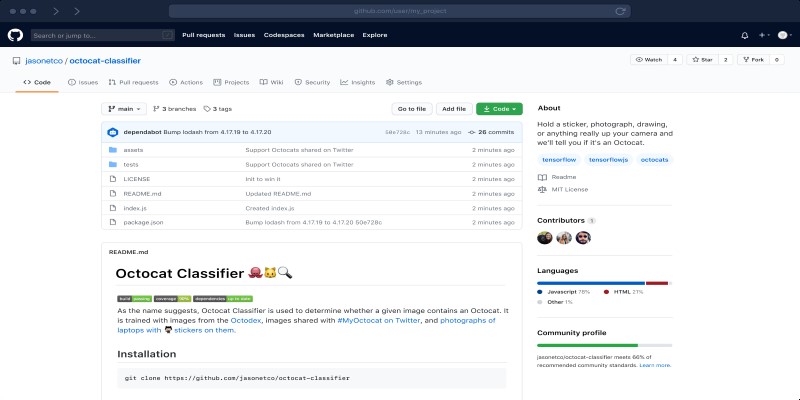
What is a GitHub Repository and How to Delete One in 2025

The 5 Best Hootsuite Alternatives in 2025 for Easier Social Media Management

7 Easy Steps to Use Your Customer List for Creating Custom Audiences on Facebook

 lameuplay
lameuplay